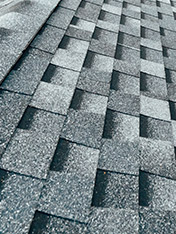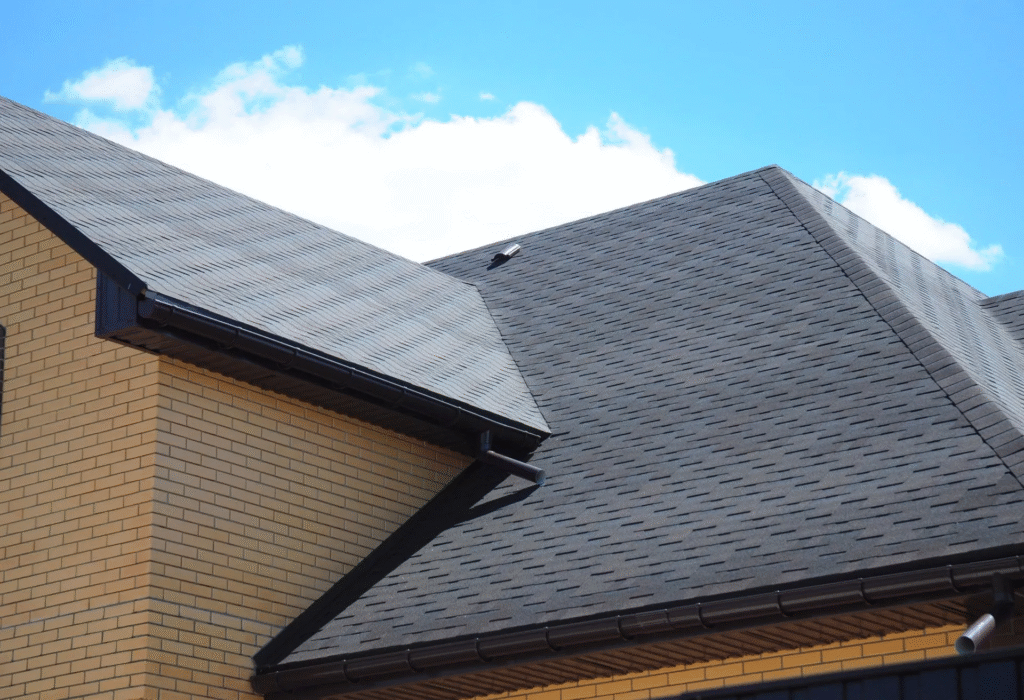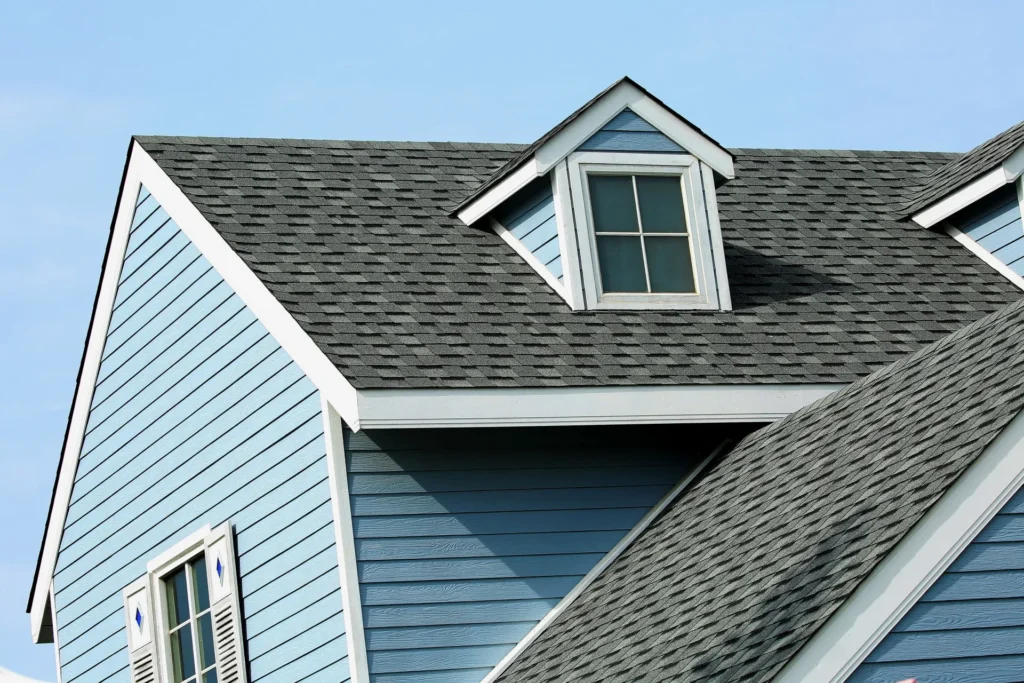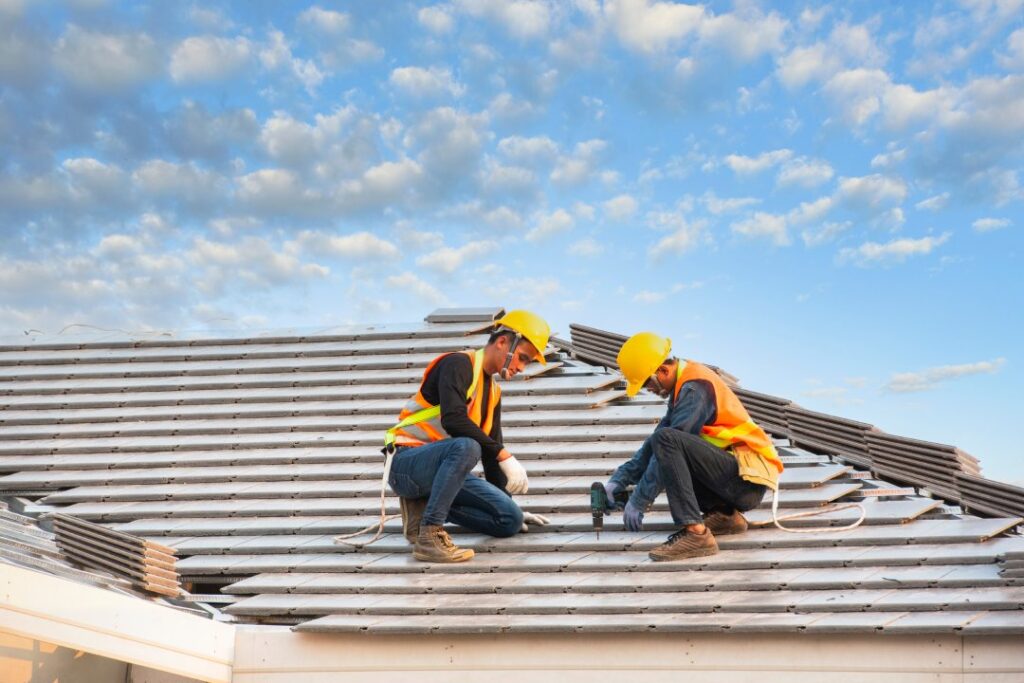When it comes to homes in the Rio Grande Valley, your roofing color choice isn’t just about aesthetics—it’s a critical decision that impacts your comfort and wallet. In a region where summer temperatures regularly soar into triple digits, selecting the right shingle color can significantly affect your home’s internal temperature and energy consumption.
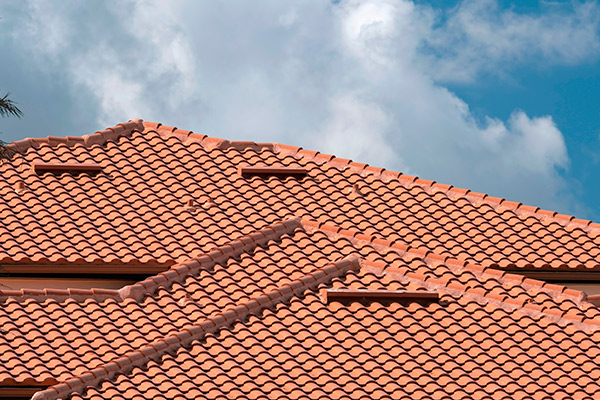
Research has shown that lighter-colored roofs can be up to 35°F cooler at night and 33.6°F cooler during the day compared to darker alternatives. This temperature difference translates directly to energy savings, as your air conditioning system doesn’t have to work as hard to maintain comfortable indoor temperatures.
- Reflective properties: Light-colored shingles reflect more sunlight and absorb less heat. Shingles’ reflective properties are measured using the Solar Reflectance Index (SRI), which ranges from 0 (a hot black surface) to 100 (a cool white surface). Higher SRI values indicate better heat reflection. For example, white roofing materials typically have SRI values between 80 and 90, while dark browns and blacks fall below 30.
- Cooling properties: Proper shingle color selection can reduce cooling costs by 7-15%. Studies have shown that light-colored roofs can be 20-30°C cooler than darker alternatives in direct sunlight. A pioneering study conducted in Gambia, an area characterized by long, hot, and dry seasons with an average of 86°F, demonstrated that white-roofed houses were 35°F cooler during evening hours (21:00-23:59) compared to bare metal roofs. More importantly, occupants found white-roofed houses comfortable 87% of the time versus just 13% for homes with darker roofs. This temperature difference directly impacts energy consumption, with lighter roofs substantially reducing cooling costs.
- Wear and tear: Roofing professionals in hot regions report that lighter roofs show significantly less wear over time. Professional roof inspectors in Florida have documented that dark-colored roofs show accelerated deterioration in hot climates, with more frequent granule loss, cracking, and leaking than lighter-colored alternatives of the same age
Based on our temperature study and industry expertise, we’ve identified five shingle colors that:
- provide the optimal balance of heat reflection,
- durability,
- absorb significantly more solar radiation, and
- improve the aesthetic appeal of RGV homes.
These colors not only help keep your home cooler but can also extend the lifespan of your roof in our challenging climate. It creates a substantial difference in both roof surface temperature and indoor comfort.
Top 5 Shingle Colors for RGV Homes
Based on our comprehensive temperature study and industry expertise, we’ve identified five optimal shingle colors for Rio Grande Valley homes. These selections balance heat reflection properties with aesthetic appeal, providing homeowners with practical options that look great while helping manage our intense regional heat.
| Color | Description | Heat Management | Aesthetic Appeal | Best Pairings |
| White/ Off-White |
Bright white to soft cream tones that maximize reflectivity | Excellent (SRI 80-90) Keeps homes up to 35°F cooler than dark roofs Reduces cooling costs by 10-15% |
Creates a clean, modern appearance Makes small homes appear larger Ages gracefully with minimal discoloration |
Works with virtually any siding color Especially striking with blue, gray, or earth-toned exteriors Complements Spanish-influenced architecture |
| Light Gray
|
Soft silvery to pale slate tones with subtle undertones | Very Good (SRI 60-75) Reflects significant heat while hiding dust and minor discoloration 7-12% reduction in cooling costs |
Timeless, versatile choice that works with most architectural styles Projects sophistication and understated elegance |
Ideal with white, blue, yellow, or beige siding Creates a beautiful contrast with red brick Perfect for contemporary and traditional designs |
| Light Brown/ Tan |
Warm beige to sandy desert tones reminiscent of natural materials | Good (SRI 50-60) Better than dark colors while providing earthy aesthetics 5-8% reduction in cooling costs |
Warm, inviting appearance that complements RGV’s natural landscape Hides dust and minor staining effectively |
Beautiful with beige, cream, white, or gray siding Complements natural stone accents Perfect for ranch-style and Mediterranean homes |
| Terracotta/Clay
|
Warm, earthy orange-red tones inspired by traditional clay tiles | Moderate (SRI 35-45) Offers balanced heat management 3-5% reduction in cooling costs Absorbs more heat than lighter options |
Rich, distinctive southwestern appeal Adds warmth and character to the home exterior Historically authentic for Spanish-influenced architecture |
Stunning with white, cream, or beige siding Complements adobe and stucco exteriors Works well with desert landscaping |
| Variegated Light Blends
|
Multi-tonal light shingles combining whites, grays, and tans | Very Good (SRI varies 55-70) Reflects significant heat while hiding dirt 6-10% reduction in cooling costs |
Adds dimension and visual interest Hides dirt and staining more effectively than solid colors Creates a subtle textural appearance |
Versatile with most solid-colored siding Works well with multi-toned brick or stone Ideal for most architectural styles |
When selecting a shingle color for your RGV home, remember that lighter colors will consistently outperform darker alternatives in our climate. For optimal results, consult a local roofing professional who understands the Rio Grande Valley’s weather’s aesthetic and functional demands.
Key Benefits of Light-Colored Shingles in Hot Climates:
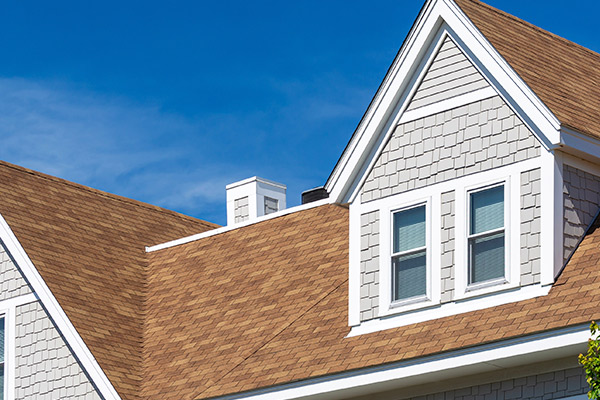
- Reduced indoor temperatures by up to 41°F during peak heat hours
- Lower air conditioning costs and energy consumption
- An extended roof lifespan due to less thermal expansion and contraction
- Increased indoor comfort during evening hours when residents are most active
- Contribution to reducing the urban heat island effect in densely populated areas
Read: How much does a new roof cost in Texas?
Aesthetic and Functional Value of Shingle Colors
When selecting shingle colors for your RGV home, striking the right balance between beauty and practicality is essential. Your roof accounts for approximately 40% of your home’s visual exterior, making it a dominant design element that deserves careful consideration.
The right shingle color can significantly enhance your property’s curb appeal and market value. Beyond aesthetics, your color choice communicates your home’s character, whether you’re aiming for traditional elegance or contemporary sophistication.
For optimal exterior harmony in the RGV, consider these proven color combinations:
- Beige or cream siding pairs beautifully with brown, black, or gray shingles,
- blue homes complement gray or black roofing,
- brick exteriors look stunning with dark brown or deep charcoal shingles, and
- white-sided homes offer the most flexibility, working well with virtually any shingle color.
Consider the specific architectural styles common in the RGV.
- Spanish-influenced designs typically benefit from terra cotta or sand-colored roofing.
- Ranch-style homes look best with neutral earth tones.
- Contemporary homes, crisp whites, and light grays create a sleek, modern appearance.
Looking to enhance your home’s curb appeal while ensuring energy efficiency? Discover the top 5 shingle colors perfect for Rio Grande Valley homes, backed by our comprehensive temperature study. At Frontline Home Solutions, we understand the unique climate challenges of the RGV and offer roofing solutions that beautify your home and help keep it cool. Our expert team is ready to guide you through the best options for your roofing needs. Don’t wait to upgrade your home with a stylish and functional roof. Explore our services and get a free roof quotation today.

